 19 Kids and Counting
19 Kids and Counting
Entry Category: Religious Figures
 19 Kids and Counting
19 Kids and Counting
Adler, Cyrus
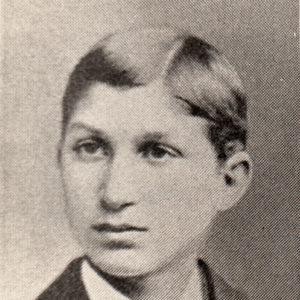 Cyrus Adler
Cyrus Adler
Alamo, Tony
aka: Tony Alamo Christian Ministries
Baines, George Washington
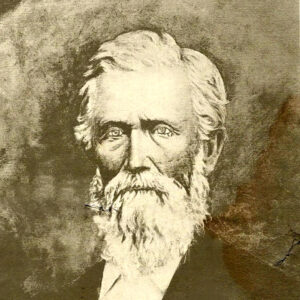 George Washington Baines
George Washington Baines
Bales, James David
aka: J. D. Bales
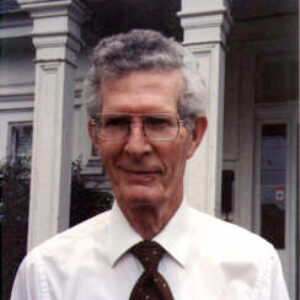 James David Bales
James David Bales
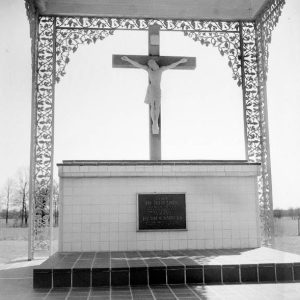 Bandini Memorial
Bandini Memorial
Bandini, Pietro
Biltz, Joseph Henri
Blake, Charles E.
Block, Frances Isaiah Isaacs (Fanny)
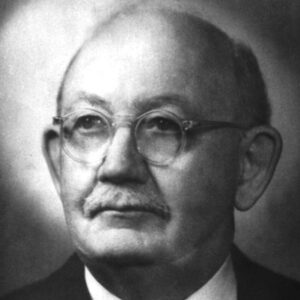 Ben Bogard
Ben Bogard
Bogard, Benjamin Marcus
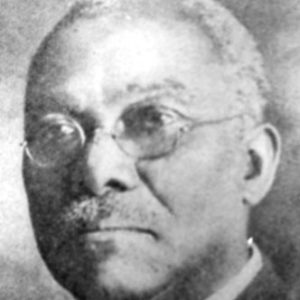 Joseph A. Booker
Joseph A. Booker
Booker, Joseph Albert
Bosmyer, Peggy Sue
Brown, Fountain
Brown, Robert Raymond
Brown, William Montgomery
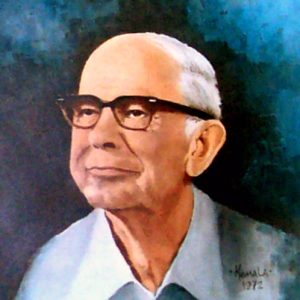 Albert E. Brumley
Albert E. Brumley
Byrne, Andrew
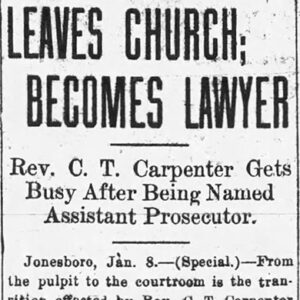 Cornelius Tyree Carpenter Article
Cornelius Tyree Carpenter Article
Carpenter, Cornelius Tyree
Case, Sarah Esther
Circuit Riders
Clark, Alida Clawson
Compere, Ebenezer Lee (E. L.)
Compere, Lee
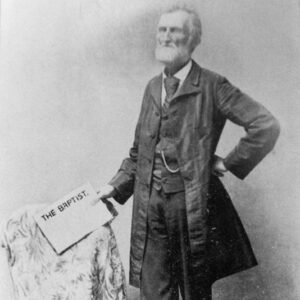 Lee Compere
Lee Compere
Cone, James Hal
Doke, “Preacher”
aka: Nathaniel Mattox Doke
 Duggar Campaign
Duggar Campaign
Duggar Family
aka: 19 and Counting [Television Show]
aka: Counting On [Television Show]
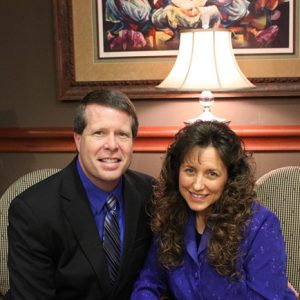 Jim Bob and Michelle Duggar
Jim Bob and Michelle Duggar
 Duggar Senate Campaign
Duggar Senate Campaign
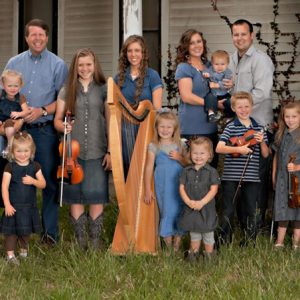 Duggar Family
Duggar Family
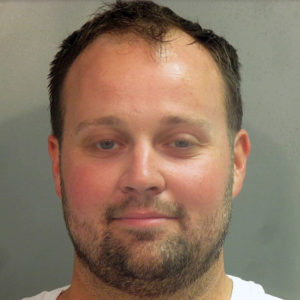 Josh Duggar Mugshot
Josh Duggar Mugshot
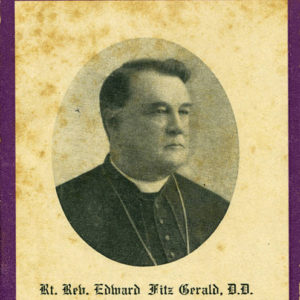 Fitzgerald Mourning Card
Fitzgerald Mourning Card
Fitzgerald, Edward Mary
Fletcher, Albert Lewis
Foucault, Nicolas
Freeman, George Washington
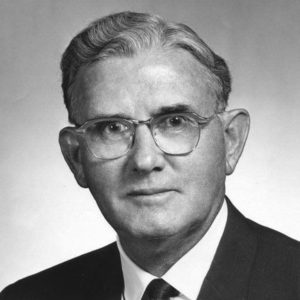 Conrad Glover
Conrad Glover
Graham, David Crockett (D. C.)
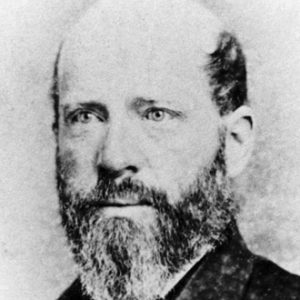 Robert Graham
Robert Graham
Graves, Lawrence Preston
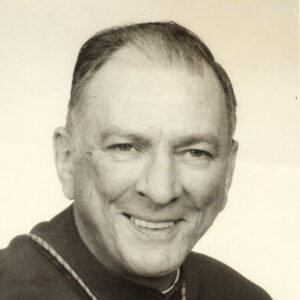 Lawrence Preston Graves
Lawrence Preston Graves
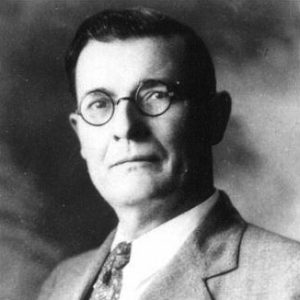 Jeremiah Guthrie
Jeremiah Guthrie




